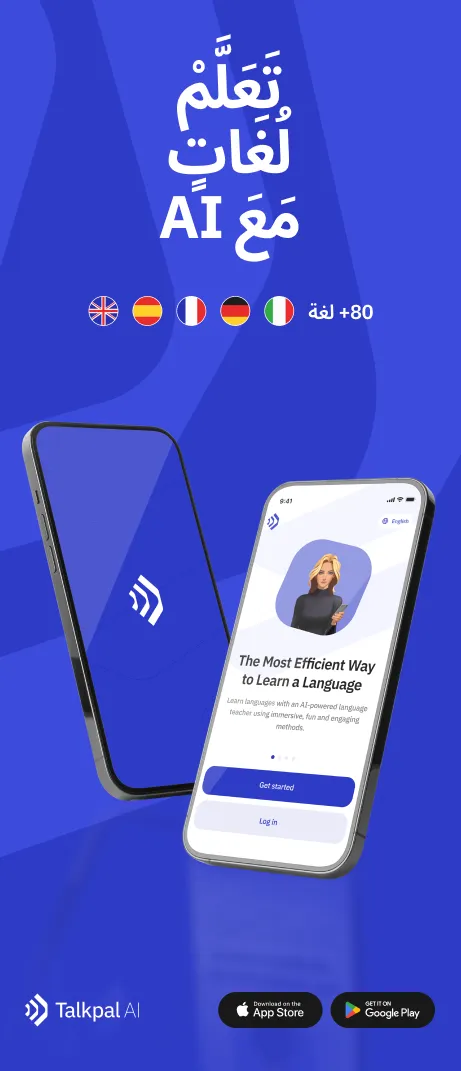عند التحويل مباشر، يجب الانتباه إلى تغي Remove the water from the water. تؤدي هذه التغيرات دورًا حاسمًا في المعنى ودقته. في هذه هذه القواعد من خلال جمل مختل فة تحتاج إلى إعادة صياغتها في الخطاب غير المباشر. نتمنى أن تجدوها ممتعة ومفيدة في تعلم اللغة الفرنسية.
تحويل الجمل من الخطاب المباشر إلى الخطاب غير المباشر
She said, “I’m working tomorrow.” → She said she *worked* (work) the next day.
“Have you seen this play?” he asks me. → He asks me if I *saw* (see) this play.
“I go to school by bus,” she said. → She says she *go* (go) to school by bus.
“Can you close the door?” asked the professor. → The teacher asked that we *close* (close) the door.
“We will be on vacation next week,” they announce. → They announce that they *will* (be) on vacation next week.
She asked, “Has he finished his work?” → She asked if he *finished* (finish) his work.
He said, “I’m not hungry.” → He says he *doesn’t* (be) hungry.
“I don’t understand the instructions,” he complains. → He complains that he doesn’t *understand* (understand) the instructions.
“Can you repeat that, please?” she asks. → She asks if we can *repeat* (repeat).
“We won the game!” he shouts. → He shouts that they *won* (win) the match.
“Could you get me some water?” she asks. → She asks to be *brought* (to bring) water to her.
“I’ll do my homework later,” he said. → He says he *will* (do) his homework later.
“I went to the market yesterday,” she explains. → She explains that she *went* (to go) to the market yesterday.
“He’ll have to go out early tomorrow,” she says. → She says he *must* (have) to go out early tomorrow.
“I could use your help,” he said. → He says he *could* (need) your help.
ممارسة تطبيق الزمن والأشخاص في الخطاب غير المباشر
“I can come with you ?” he asks. → He asks if he *can come* (can come) with us.
“I didn’t know you were here,” she said. → She said she didn’t *know* (know) I was there.
“It will be hot tomorrow,” the meteorologist predicts. → The meteorologist predicts that it *will* (be) hot tomorrow.
“We have to leave now,” they say. → They say they *have to go* (have to leave) now.
“He asked me to give you this book,” she explains. → She explains that he *asked* her (ask) to give me this book.
“I saw him yesterday at the supermarket,” he says. → He says that he *saw* (see) it yesterday at the supermarket.
“You should pay more attention in class,” the teacher suggests. → The teacher suggests that I *be* (be) more attentive in class.
“Have you finished your work?” asks the chef. → The boss asks if we *have finished* (finish) our work.
“I don’t feel well,” she said. → She says she doesn’t *feel* (feel) well.
“You have already eaten ?” she questions me. → She asks me if I *have already eaten* (eat).
“I have to buy some bread when I get home,” he announces. → He announces that he *must buy* (have to buy) some bread when he gets home.
“Will you have finished your project for tomorrow?” she asks me. → She asks me if I *will have finished* (finish) my project for tomorrow.
“I’m sorry, I’m late,” he apologizes. → He apologizes for *being* (being) late.
“I hope you’ll come to my party,” she said. → She says she *hopes* (hopes) that we will come to her party.
“Can you help me tomorrow?” he asks me. → He asks me if I *could help him* (be able to help) tomorrow.










